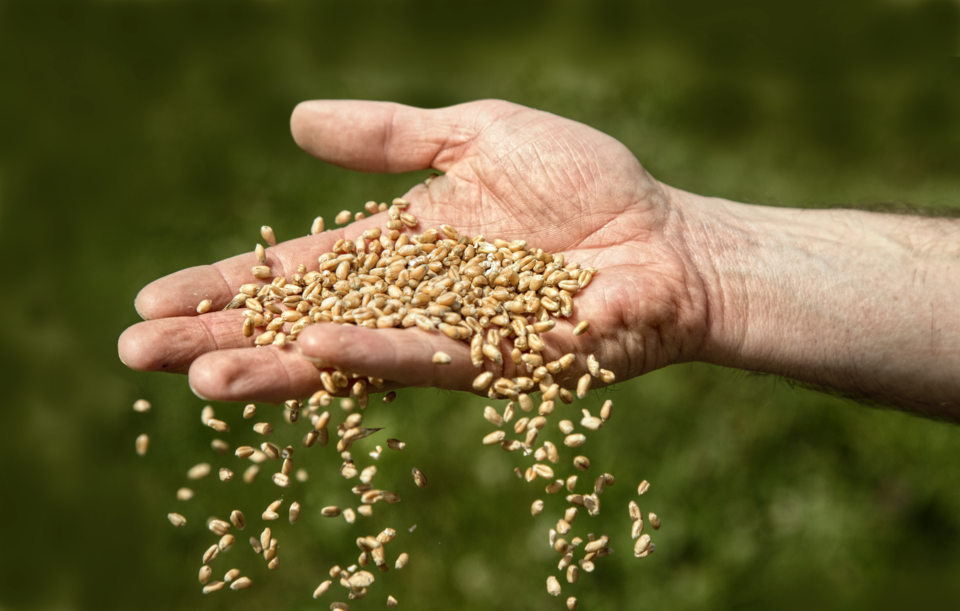Soon, along with the pile of books that you ambitiously borrow from the New Westminster Public Library, you can add a packet of seeds at checkout. Which means, you can start to plant your vegetable garden at the same time as you start reading the thick tomes of Dune — all without having to step inside your neighbourhood nursery.
“In the new year (2023), we will be ready to launch our seed library for borrowing — patrons can ‘borrow’ packets of seeds, plant their gardens, enjoy their harvest, and hopefully bring us some seeds back again at the end of the growing season,” said Caitlin MacRae, who is spearheading the Seed Library program at NWPL.
In the run-up to the launch, the library is also inviting people to donate seeds and help them build a sizable inventory by the end of the year. But what if your gardening knowledge is limited to watering the plants once a week?
No problem, the library has planned a series of events in collaboration with the non-profit FarmFolk CityFolk to teach you the basics of getting a seed ready to be sown.
In the first workshop that was held on Aug. 23, Siri van Gruen, B.C. seed security program coordinator at FarmFolk CityFolk, taught a group of 24-odd attendees on how to save seeds.
While collecting seeds may seem like a simple process — there is little more to it than simply picking them out from fruits and vegetables and tossing them into a jar.
How to save seeds?
Tomato seeds, for example, when taken out from the fruit have a gelatinous sack around them. You can’t save them as is, said MacRae. You have to put them in a jar of water for about four days and let the sack decompose. Then strain and dry the seeds before storing them, she added.
The workshop also delved into what is the right time to harvest fruits and vegetables specifically for seeds. And nope, it's not the same as harvesting for consumption, said MacRae For example, cucumbers are harvested and eaten when green, but if you want their seeds, you have to let them turn yellow, she added.
The next workshop, planned on Sept. 7, will introduce participants to the “main techniques for seed cleaning (a term that basically means removing seeds from other plant material) – threshing, winnowing, and screening.”
Why is a seed library important?
Those attending the hands-on class can bring their own seeds and learn to get them ready for planting next season. At the end of the workshop, they can either take them back home, or donate them to the first-ever seed library at NWPL.
“They (seed libraries) very neatly encapsulate a lot of great things that libraries represent — the importance of community, de-commercialization and free resources for all, and education,” said MacRae.
“They also meet many community priorities like climate action (more green spaces and gardening is good for all), food security (a pressing issue for many in our community), and community connection.”
And to start off, all they require from you is to save a tiny seed.
Learn how at the Seed Cleaning workshop on September 7, between 6 and 7 p.m. outdoors at New West Public library. Register by sending an email to [email protected] or calling 604-527-4666.




